This article was co-authored by Erik Kramer, DO, MPH. Dr. Erik Kramer is a Board-Certified Primary Care Physician at the University of Colorado. With over 15 years of experience, his clinical interests include obesity and weight management, diabetes care, and preventive care, as well as embracing a holistic approach to primary care. He received his Doctorate in Osteopathic Medicine (D.O.) from the Touro University Nevada College of Osteopathic Medicine and completed his residency at Central Maine Medical Center. Dr. Kramer is a Diplomate of the American Board of Obesity Medicine.
There are 7 references cited in this article, which can be found at the bottom of the page.
This article has been viewed 447,856 times.
Millions of people have expired or unused medications sitting in their home right now. This could be dangerous, because old medication could be harmful if an adult, child, or pet swallows it. That's why regular drug disposal is so important. But how do you actually get that done? Luckily, you have a few different options.
Here are 10 ways to dispose of medication you don’t need anymore.
Steps
Bring medications to a local drug take-back location.
-
This is the best option for avoiding pollution or accidental swallowing. Some pharmacies, police stations, hospitals, and government buildings have drug drop boxes for expired and unused drugs. This is the recommended option because it keeps drugs out of the environment and ensures that no one will take them accidentally. Check online to see if one of these locations is near you, and if so, bring your medications there.[1] X Research source
- If you’re in the US, find take-back locations by visiting the DEA’s webpage here: https://apps2.deadiversion.usdoj.gov/pubdispsearch/spring/main?execution=e1s1/.
- In most cases, you just have to leave the medications in a container that looks like a mailbox. Ask an employee if you don't know where to go.
- Many pharmacies accept medications or have safe disposal kiosks where you can drop them off at any time.
Mail drugs in if your state has a mail-back program.
-
This is similar to a drug drop-off location, but even more convenient. Some states or businesses run mail-back programs, so do an internet search for these programs in your area. If there is one, then all you have to do is seal your medications up in a box, address it to the right place, add or pay the postage, and drop them off at the Post Office.[2] X Trustworthy Source US Food and Drug Administration U.S. government agency responsible for promoting public health Go to source
- Each program has specific instructions, so always follow the directions provided. Call a representative from the program if you have any questions.
- Some programs may send you a postage-paid box so you don't have to worry about postage.
Take part in National Drug Take-Back Day.
-
This is a national event where drop off locations open up all over. It's also a great reminder to check all your medications and find any that are expired. If Take Back Day is approaching, then this is a safe and convenient way to dispose of your medications.[3] X Research source
- For information about Take Back Day dates and locations, visit https://takebackday.dea.gov/.
- Take Back Day usually doesn't accept illegal drugs or any drug paraphernalia like syringes.[4] X Research source
Flush medications that are on the approved FDA flush list.
-
A drop-box is ideal, but this is a backup for hazardous medications. The FDA considers some drugs like opioids too dangerous to leave around your home or throw in the garbage. There is a high risk for addiction and overdose with these medications. First check to see if the medication is on the FDA's official flush list. If it is, then pour it down the toilet and flush it.[5] X Trustworthy Source US Food and Drug Administration U.S. government agency responsible for promoting public health Go to source
- Find the full FDA flush list here: https://www.fda.gov/drugs/disposal-unused-medicines-what-you-should-know/drug-disposal-fdas-flush-list-certain-medicines#FlushList
- Most of the drugs on the flush list are opioids like suboxone, Vicodin, and oxycontin. These are very addictive and there's a high risk for an overdose.
- Note that this is only a backup plan if there is no drug take-back location near you.
- You may have heard that flushing medications is bad for the environment. The FDA actually studied the issue and determined that the environmental impact is minimal, and the benefits of preventing accidental use outweigh any risks.
Throw used or old fentanyl patches down the toilet.
-
Fentanyl patches still contain opioids when they're used. This means that throwing them in the regular trash is dangerous. If you don't have a local drug collection site, then the FDA recommends flushing these down the toilet as well.[6] X Trustworthy Source US Food and Drug Administration U.S. government agency responsible for promoting public health Go to source
Wrap other pills in a plastic bag and throw them away.
-
All other medications can go in the regular trash if they're mixed correctly. Pour the medication into a plastic bag and mix it with something unappealing like used coffee grounds, kitty litter, or dirt. This prevents anyone from tampering with it in the trash. Then seal up the bag and throw it in the regular garbage.[7] X Trustworthy Source US Food and Drug Administration U.S. government agency responsible for promoting public health Go to source
- This is the approved method or any old or unneeded prescription medications that aren't on the flush list, as well as expired household medications like Advil, Pepto Bismol, Zyrtec, Benadryl, and Aspirin.
- You could also use a can or plastic container, as long as its something sealable so the drugs don't leak out.
Throw creams and patches in the regular trash.
-
You can use the same coffee grinds and bag trick for these. Pour or place them into a plastic bag, add some coffee grounds or dirt, and seal the bag up. Then throw it in the regular trash like any other garbage.[8] X Trustworthy Source US Food and Drug Administration U.S. government agency responsible for promoting public health Go to source
- The only exception here is fentanyl patches, which should be flushed or brought to a drop-off location.
Contact your local trash collectors to get rid of inhalers.
-
Inhalers are actually hazardous because they're pressurized. It's dangerous to throw them in the regular trash or recycling. The FDA recommends that you contact your local trash collection agency and ask their procedure for getting rid of inhalers. Follow their instructions to keep everyone safe.[9] X Research source
- Inhalers are considered aerosols, so generally, the trash collectors will follow the procedures for handling this type of waste.[10] X Trustworthy Source US Food and Drug Administration U.S. government agency responsible for promoting public health Go to source
Seal syringes and needles in a plastic container.
-
These could poke or stab someone in the garbage. The recommended method for safety getting rid of them is placing them in a sharps container or a sealable plastic container and closing it tightly. Then label the container clearly by writing "Used Needles" on it so trash collectors know to be careful.[11] X Trustworthy Source US Food and Drug Administration U.S. government agency responsible for promoting public health Go to source
- This also includes EpiPens or other types of autoinjectors. They have a sharp point that could hurt someone.
- If you don't have a sharps container, something like a detergent bottle will work fine.
- This is a backup plan for if you don't have a drug take-back location nearby.
Remove any personal information before throwing bottles out.
-
You don't want anyone getting this information from your pill bottle. Either peel the label off and rip it up, or use a black permanent marker to completely cover any text on the bottle. This is a good way to avoid identity theft or privacy issues.[12] X Trustworthy Source US Food and Drug Administration U.S. government agency responsible for promoting public health Go to source
- Most medication containers are plastic, so be sure to throw them in the recycle bin after getting rid of the information.
You Might Also Like
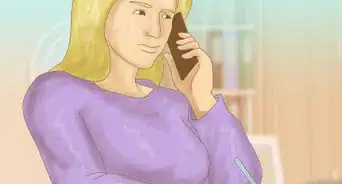
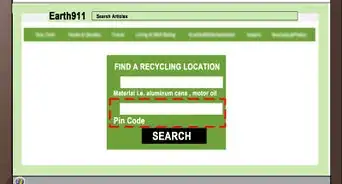
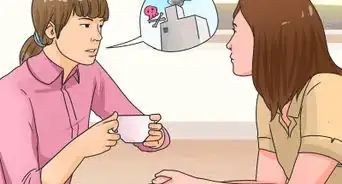
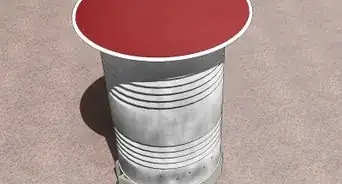
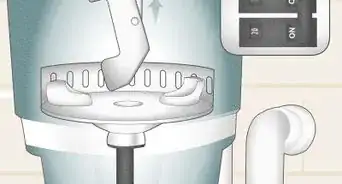

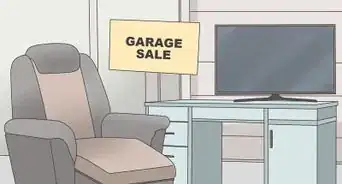
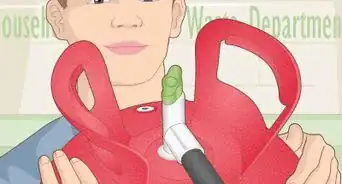
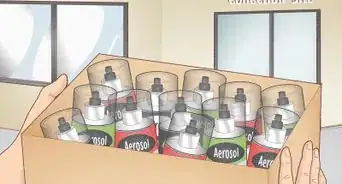
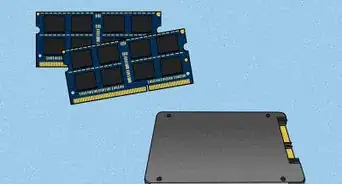
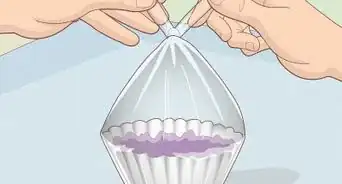
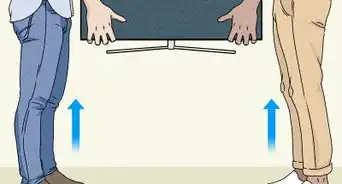

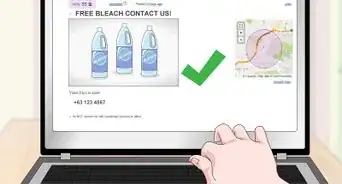
References
- ↑ https://youtu.be/2kAklblMi24?t=43
- ↑ https://www.fda.gov/consumers/consumer-updates/where-and-how-dispose-unused-medicines
- ↑ https://takebackday.dea.gov/
- ↑ https://www.drugs.com/article/medication-disposal.html
- ↑ https://www.fda.gov/drugs/disposal-unused-medicines-what-you-should-know/drug-disposal-fdas-flush-list-certain-medicines#FlushList
- ↑ https://www.fda.gov/consumers/consumer-updates/where-and-how-dispose-unused-medicines
- ↑ https://www.fda.gov/consumers/consumer-updates/where-and-how-dispose-unused-medicines
- ↑ https://www.fda.gov/consumers/consumer-updates/where-and-how-dispose-unused-medicines
- ↑ https://community.aafa.org/blog/how-to-safely-dispose-of-your-asthma-and-allergy-medicines
- ↑ https://www.fda.gov/consumers/consumer-updates/where-and-how-dispose-unused-medicines
- ↑ https://www.fda.gov/medical-devices/safely-using-sharps-needles-and-syringes-home-work-and-travel/best-way-get-rid-used-needles-and-other-sharps
- ↑ https://www.fda.gov/consumers/consumer-updates/where-and-how-dispose-unused-medicines
About This Article
Most medications should not be flushed or put in the garbage. The best and most efficient way of disposing of medications is to contact the entity responsible for your waste collection—usually your government or a waste collection company. Many places have safe medication disposal programs in place, which allow you to drop them off at a designated location, such as a pharmacy, who will collect and safely dispose of your medications. To learn how to dispose of potentially dangerous medications, keep reading!
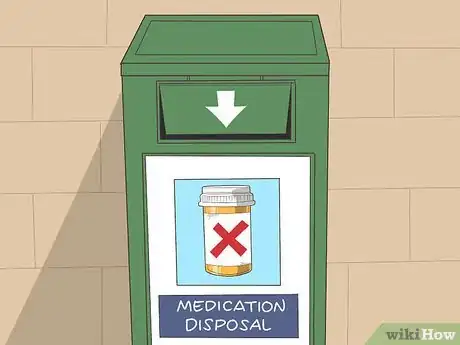
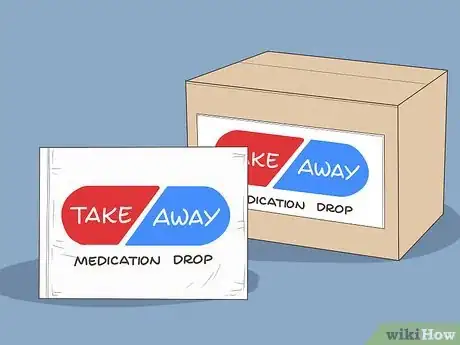
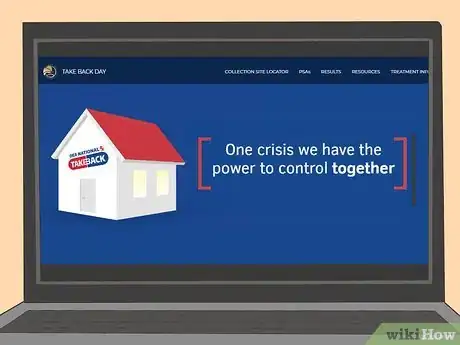
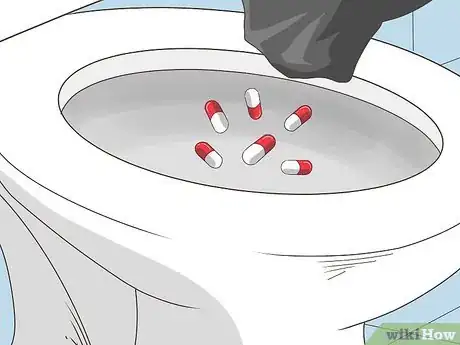
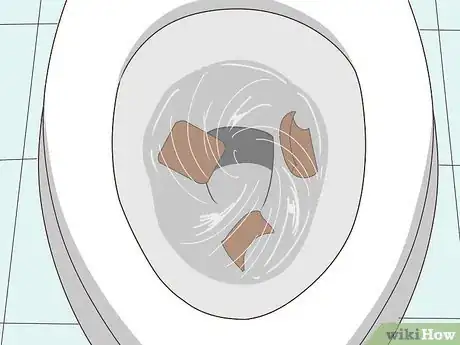
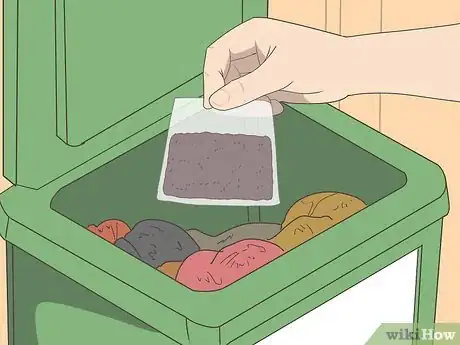
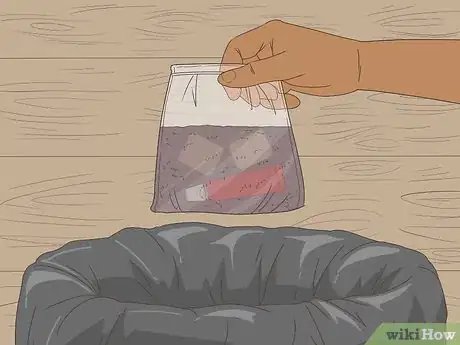
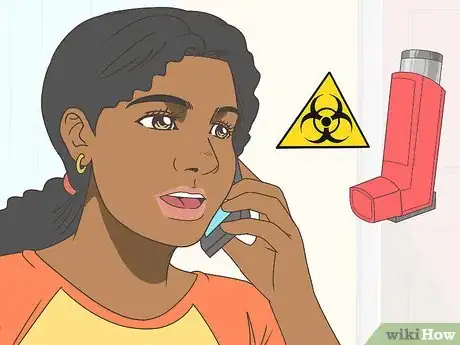
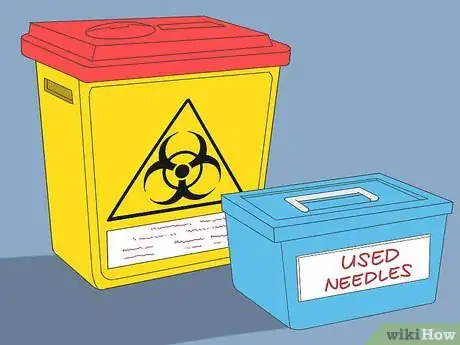













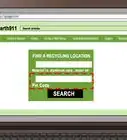

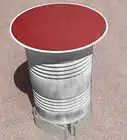



































Medical Disclaimer
The content of this article is not intended to be a substitute for professional medical advice, examination, diagnosis, or treatment. You should always contact your doctor or other qualified healthcare professional before starting, changing, or stopping any kind of health treatment.
Read More...